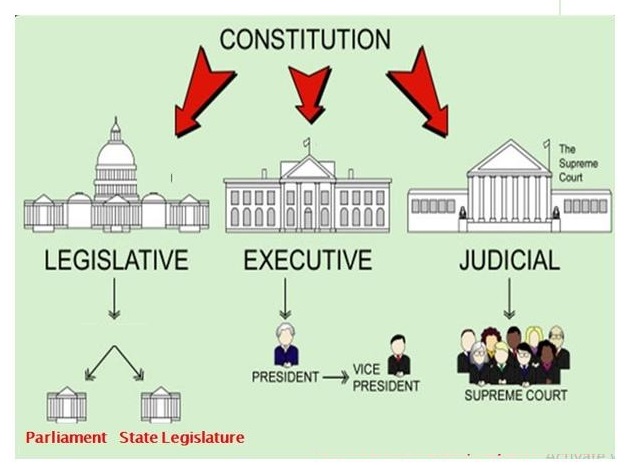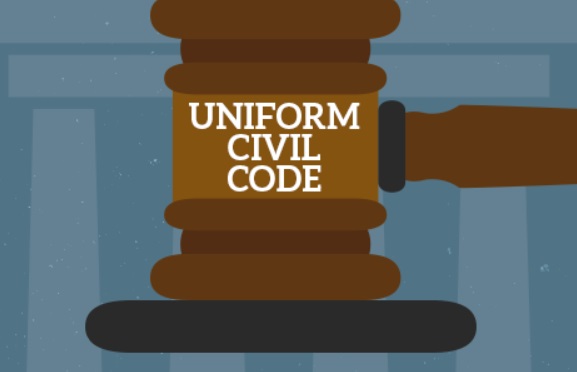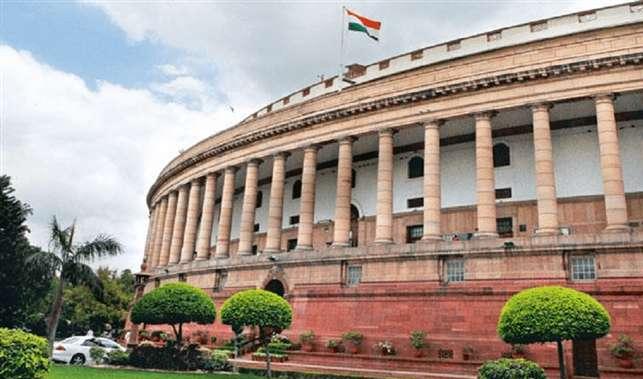Updated By: LatestGKGS Desk
Indian Law Article 14 Right to Equality Fundamental Right

Right to equality given under article 14 of Indian law. It is one of the Fundamental Right.
It ensures the guarantees to every person the right to equality before law & equal protection of the laws. It is not only right of Indian citizens but also right of non-citizens. Article 14 defines no one is above the law. All are equal in the eye of law.
Fundamental Right is not absolute rights and Parliament could put reasonable restriction. The grounds for the restriction may be the advancement of SCs, STs, OBCs, women, and children; general public order; decency, morality, sovereignty & integrity of India; security of the state, friendly relations with foreign states, etc.
According to Article 12, ‘the state’ includes the
· Government and Parliament of India.
· Government and Legislature of States.
· All local or state authorities such as municipalities, panchayats, district boards,
· improvement trusts, etc. within the territory of India or under the control of Government of India.
Originally Constitution provided for seven Fundamental Rights-
1. Right to equality (Article 14-18)
2. Right to freedom (Article 19-22)
3. Right against exploitation (Article 23-24)
4. Right to freedom of religion (Articles 25-28)
5. Cultural & educational rights (Articles 29-30)
6. Right to Property (Article 31)
7. Right to constitutional remedies (Article 32).
8. Right to Privacy
But, Right to property was removed from the list of the Fundamental Rights by the 44thConstitution Amendment Act, 1978 and after amendment, it was made legal right under Article 300-A in part-12 of the Constitution.


